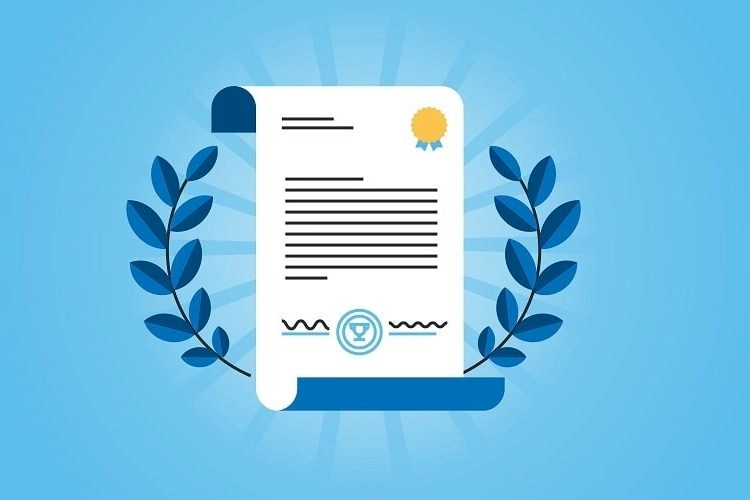What privacy protections exist for online prescriptions information?

Digital prescription platforms implement multiple layers of privacy protection to safeguard sensitive medical information during transmission and storage. Patients benefit from NextClinic as it merges secure digital consultation experiences with instant access to pharmacy services, streamlining the journey from diagnosis to medication delivery. These protection measures ensure patient confidentiality remains intact throughout the prescription process, from initial consultation to medication dispensing. Advanced security protocols prevent unauthorized access while enabling legitimate healthcare providers to deliver quality care.
HIPAA compliance structures
Healthcare privacy regulations establish comprehensive protection requirements that online prescriptions platforms must follow to maintain legal operation. These compliance structures govern how prescription information can be collected, stored, shared, and disposed of throughout the healthcare delivery. HIPAA regulations require explicit patient consent before prescription information can be shared with any parties beyond direct healthcare providers involved in treatment. The compliance frameworks include regular auditing procedures that verify continued adherence to privacy requirements. When patients request online prescriptions, these regulatory protections ensure their medical information receives the same privacy protection as traditional healthcare encounters.
Access control mechanisms
Sophisticated access control systems limit prescription information availability to authorized healthcare professionals with legitimate treatment responsibilities. These mechanisms prevent unauthorized viewing while ensuring appropriate medical personnel can access necessary information for patient care decisions.
- Multi-factor authentication requiring multiple verification steps before system access
- Role-based permissions limiting information access based on healthcare provider responsibilities
- Time-limited access sessions that automatically expire after predetermined periods
- Geographic restrictions preventing access from unauthorized locations or countries
- Activity monitoring tracking all system interactions for security compliance purposes
Access controls adapt dynamically based on user roles, location, and access time to provide maximum security without hindering legitimate healthcare activities. These sophisticated systems balance information protection with the practical needs of healthcare delivery teams.
Data anonymization processes
Privacy protection extends beyond access controls through comprehensive data anonymization that removes personally identifiable information from prescription data for research or quality improvement purposes. These processes enable healthcare advancement while protecting individual patient privacy. Anonymization techniques replace patient names, addresses, and other identifying information with coded references that prevent individual identification while preserving medical relevance for research purposes. The anonymization process occurs automatically before any data leaves secure medical systems for secondary uses. This approach enables valuable medical research while ensuring patient prescription information remains private.
Breach response protocols
Comprehensive incident response procedures activate immediately when any potential privacy breach occurs within prescription systems. These protocols minimize potential harm while ensuring rapid notification of affected patients and regulatory authorities as healthcare privacy laws require.
- Immediate system isolation, preventing further unauthorized access during security incidents
- Rapid assessment procedures determining the scope and nature of potential information exposure
- Patient notification systems alerting affected individuals about potential privacy breaches
- Regulatory reporting ensuring compliance with mandatory disclosure requirements for privacy incidents
- Remediation procedures addressing security vulnerabilities and preventing future similar incidents
Response protocols include coordination with law enforcement when criminal activity may involve privacy breaches. The thorough approach ensures that patient privacy receives maximum protection even when security incidents occur despite preventive measures. These multi-layered privacy protections create robust safeguards that maintain patient confidentiality while enabling the convenience benefits of digital prescription services. The comprehensive approach ensures that prescription information receives protection equivalent to or exceeding traditional healthcare privacy standards.





